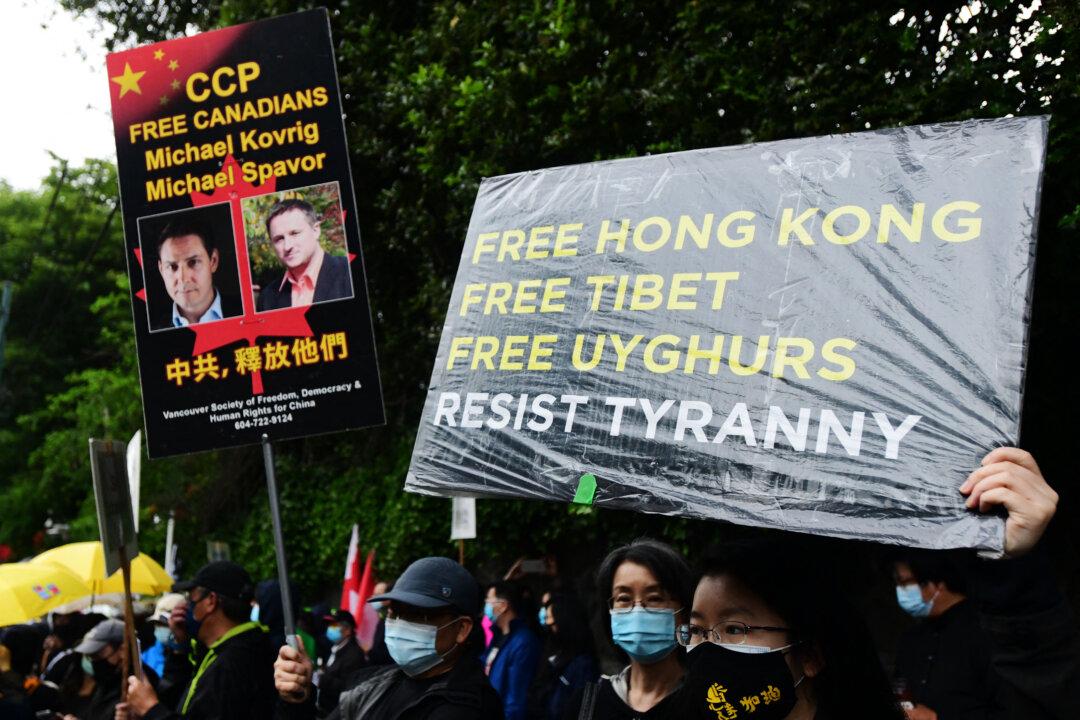Chinese regime influence operations in Canada are broad and pervasive, according to a comprehensive report published by a French government-affiliated think tank.
From stifling dissident voices and influencing politics, media, and education to manipulating information and utilizing local organizations, the Chinese Communist Party (CCP) is using every non-kinetic means in its toolbox to sway Canada and Chinese-Canadians, says the report, titled “Chinese Influence Operations: A Machiavellian Moment.”
While Canada has yet to react effectively to these threats, the report says, a changing mood in France toward the Beijing regime is what led to the 640-page report published in September by the Institut de Recherche Stratégique de l'Ecole Militaire (IRSEM), a think tank funded by the Ministry of the Armed Forces.
“The awakening in France to the risk posed by Chinese influence is sharp and has been increasing since 2019, with a marked acceleration in 2020–2021. It’s in this context of ‘French awakening,' which henceforth seems irreversible, that this report was published,” write authors Paul Charon and Jean-Baptiste Jeangène Vilmer.
The Chinese Embassy in France declared that it was “scandalized” by the IRSEM report, which covers the CCP’s expanding influence and propaganda operations worldwide. The embassy called the report “purely and simply a stigmatization operation against China” and a threat to normal relations between France and China.
Canada Targeted
China’s interests in Canada lie “first and foremost in its Chinese diaspora, which includes a high number of real or presumed dissidents,” the report says. One of the regime’s priorities worldwide is to stifle advocates for Tibetans, Uyghurs, Falun Gong, Taiwan independence, and Chinese democracy, and that fight is also being conducted on Canadian soil, it says.
Canada is also a target because of “its all-around proximity with its chief rival the United States; its membership in key alliances such as NATO and the Five Eyes; its place in the Arctic; its image as an exemplary liberal democracy, which makes it a symbolic target; and the fact that it’s a middle power, which minimizes potential repercussions,” says the report.





